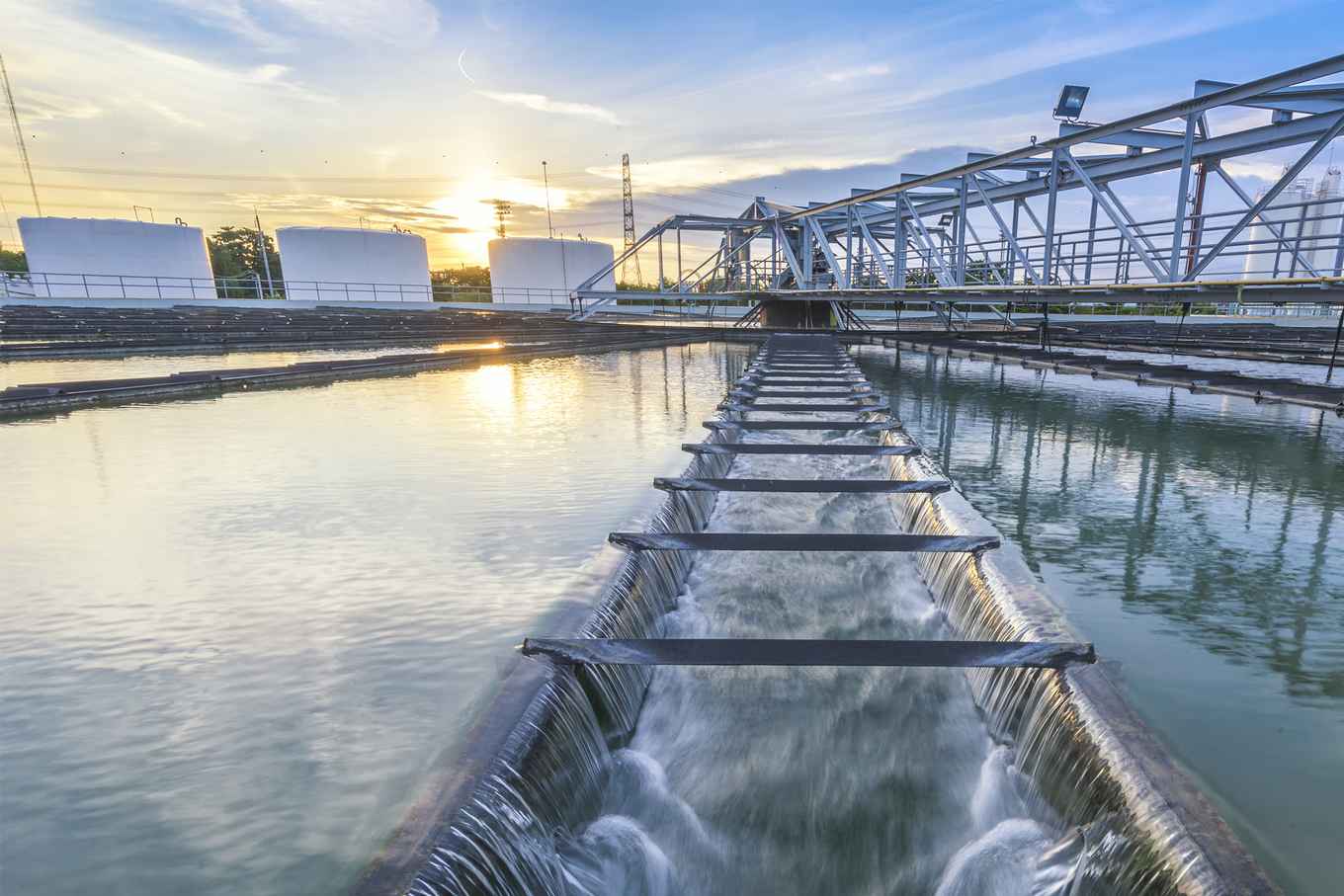Funding to reduce effects psychopharmaca on water cycle
27 January 2020

Psychopharmaca make out a very relevant portion of the total pharmaceutical use. Nevertheless, very limited information is available on the environmental risks. As psychopharmaca are designed to affect the nervous system, they are also known to affect aquatic organisms at very low and environmentally relevant concentrations. They are expected to mimic so-called info-chemicals, influence natural communication and cause effects on the behaviour of organisms. Thereby psychopharmaca potentially disrupt ecosystem structure and functioning.
Water quality
The expected further increase in the use of psychopharmaca poses a challenge for water managers and drinking water utilities regarding the management of water quality and further uses of water. The need to further improve water quality is broadly acknowledged. Decisions have to be made concerning investments in water treatment techniques to protect the ecosystem and ensure clean drinking water.
The research project called Psychopharmac’eau was awarded a total of €800.000 by the NWO Top Sector Water & Maritime: Blue route, to study the possibilities to reduce emissions and effects of psychopharmaca, and further supplied with €205.000 by partners in primarily the water sector. Prof. Annemarie van Wezel, professor Environmental Ecology at the UvA Institute for Biodiversity and Ecosystem Dynamics: ‘We focus on possibilities to improve regulation and policies, possibilities to design more friendly alternatives, understand the scale of real-world ecosystem effects and on possible mitigation by water treatment technologies and nature-based solutions.’
The research involves researchers from the UvA, Netherlands Institute of Ecology (NIOO-KNAW) and Wageningen University and Research, and will run parallel to national activities regarding the Delta-approach for Water Quality and Chain-approach Pharmaceuticals to enhance valorisation opportunities for the knowledge and mitigations options. Van Wezel: ‘With this research we hope to strengthen existing efforts for a more healthy and safe surface water quality by gathering more insight in mitigation options along the chain from development, authorization, use and waste for psychopharmaca.’